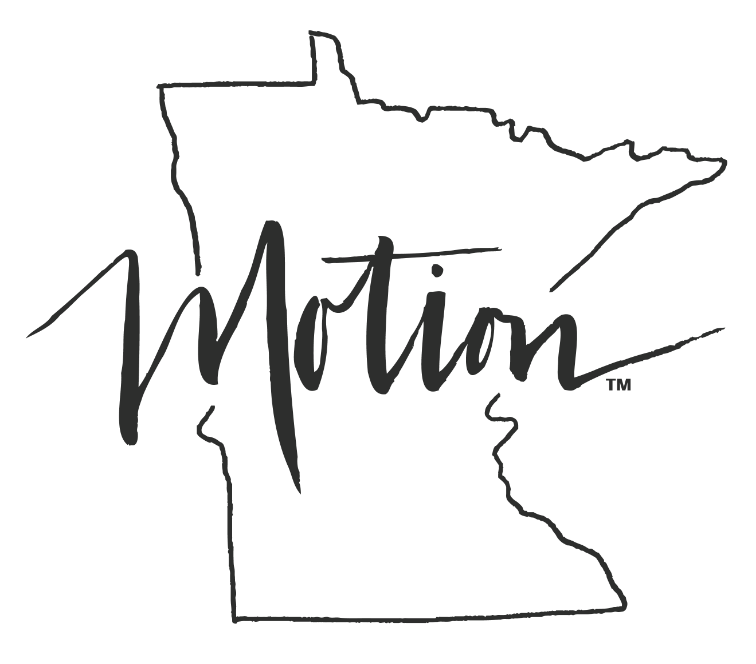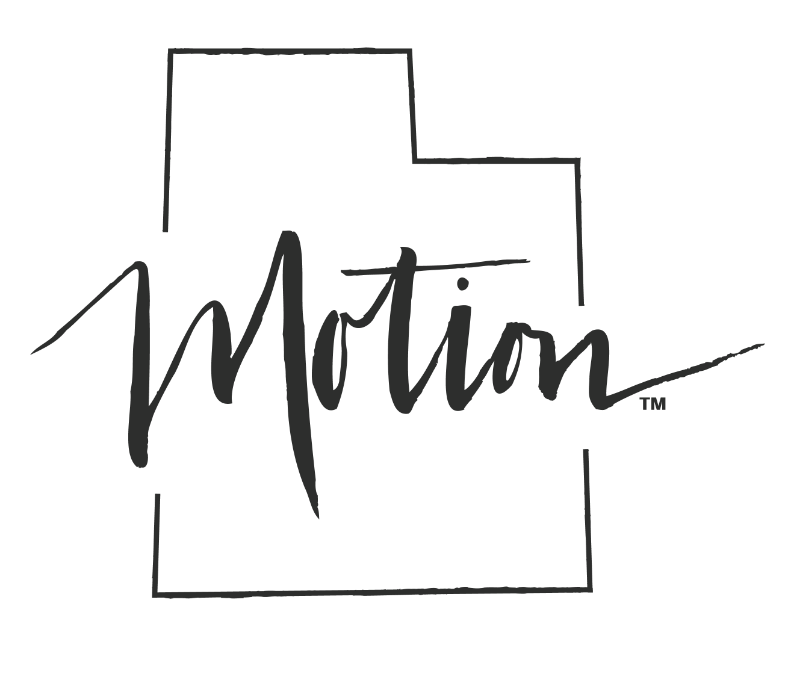Time and time again we have heard about the many benefits of aerobic exercise- improving blood flow and circulation, regulating blood pressure, decreasing the stress hormone cortisol, and promoting healthy loading for bones and tissues. But what about the processor of all things- Our brain?
Numerous randomized control trials have looked at the effects of acute aerobic exercise in relation to cognitive function. More specifically, the effects of just 30 minutes of moderate-level aerobic exercise.
Here’s a snap-shot:
Interestingly, one Randomized-Controlled Trial (RCT) found that 30 minutes of moderate-level aerobic exercise led to better recovery for mental exhaustion including our mood, sense of tiredness, self-perceived cognitive capacity, and motivation. This was in comparison to an active control group (stretching routine) and a passive control group (watching TV)2.
Another RCT examined the effects of the same parameters of aerobic exercise on sustained attention and discriminatory ability of children with and without learning disabilities. Similarly to healthy adults, aerobic exercise significantly benefited performance in sustained attention, higher accuracy rate, and shorter reaction times in children with learning disabilities1.
A systematic review explored the same question in older adult populations. And guess what?! 14 of 15 studies found that an acute bout of aerobic exercise can improve at least one area of the cognitive domains reviewed3.
No matter fitness level, regardless of how cardiovascular fit an individual is, there is science to prove the immediate improvements in mental exhaustion, cognitive recall and memory, sustained attention, and discriminatory function across the lifespan from children to older individuals with moderate-levels of aerobic exercise1,2,3,4.
Moral of the story:
When things feel foggy, when we have to re-read the same line on an email or feel that end-of-work-week fatigue setting in, don’t reach for the remote, reach for your tennis shoes!! And if you find this to be the challenging bit and need some tips on how to improve habit forming, check out a previous blog, “Jumping into the New Year with New Habits”, by my colleague, Dr. Erin Babineau!
Warmly,
Dr. Meagan

References:
1. Huang, C. J., Hsueh, M.C., Huang, M. Y., Tu, H. Y., Chiu, Y. H., & Chou, C. C (2020). Effects of acute aerobic exercise on executive function in children with and without learning disability: A randomized controlled trial. Human Kinetics, 37, (404-422).
2. Oberste, M., Waal, P., Joisten, N., Walzik, D., Egbringhoff, M., Javelle, F., Bloch, W., & Zimmer P (2021). Acute aerobic exercise to recover form mental exhaustion- A randomized controlled trial. Elsevier 241.
3. McSween MP, Coombes JS, MacKay CP, Rodriguez AD, Erickson KI, Copland DA, McMahon KL (2019). The Immediate Effects of Acute Aerobic Exercise on Cognition in Healthy Older Adults: A Systematic Review. Sports Med 49(1):67-82.
4. Zuniga KE, Mueller M, Santana AR, Kelemen WL (2019). Acute aerobic exercise improves memory across intensity and fitness levels. Memory. Pub 27(5):628-636.



